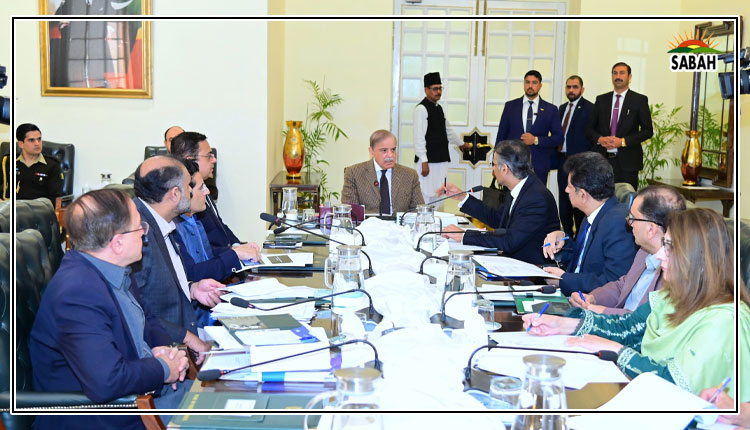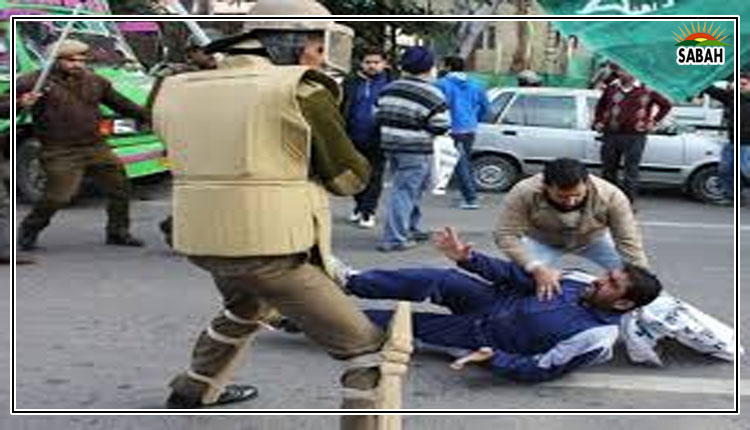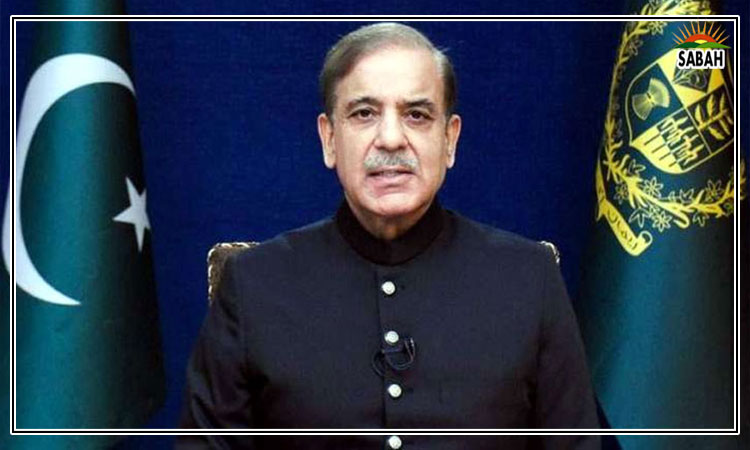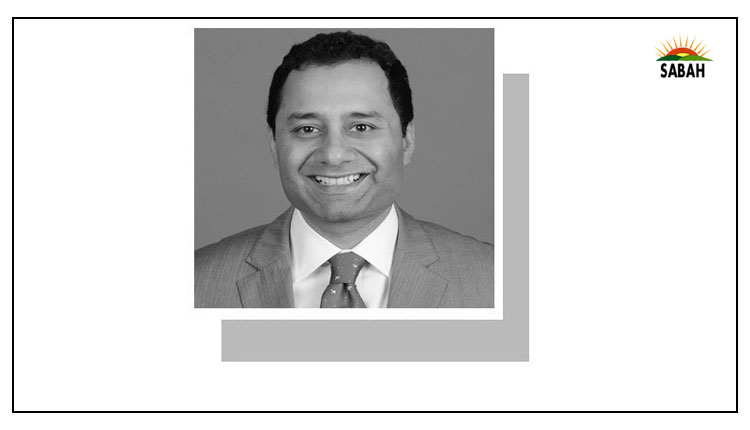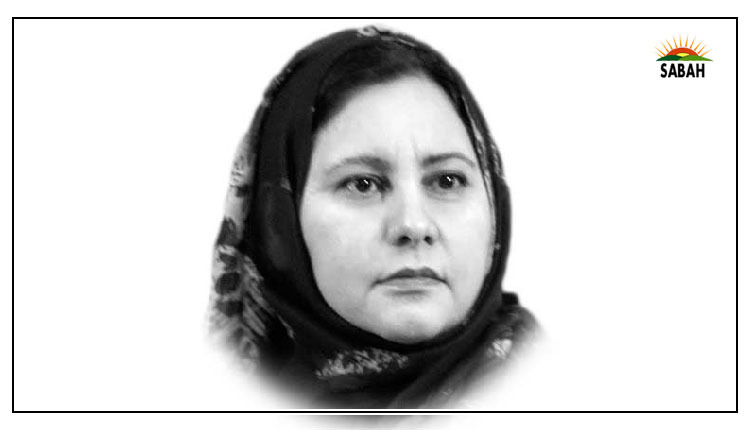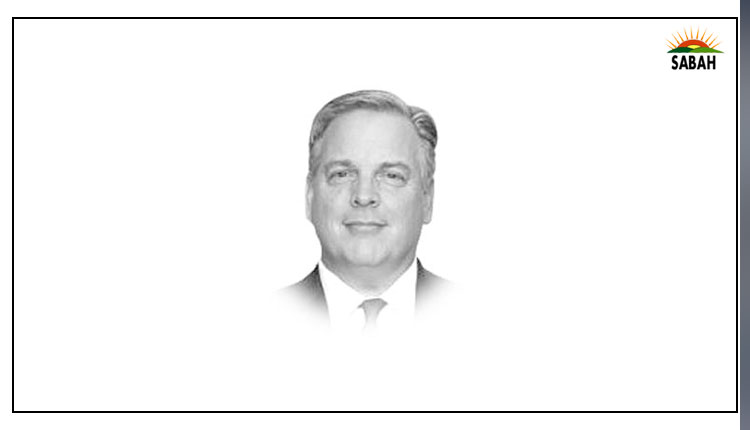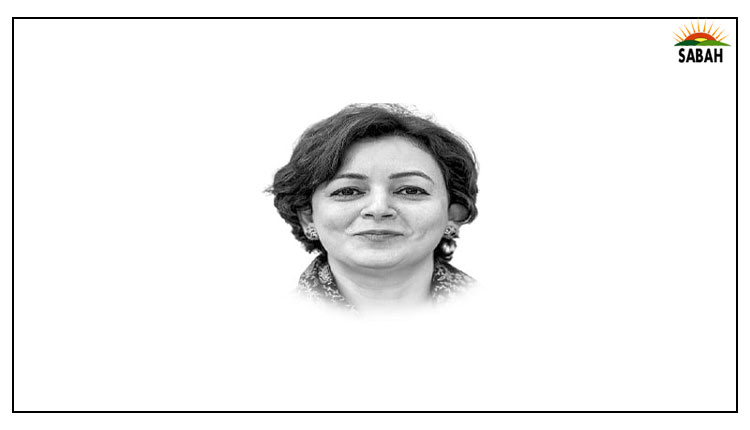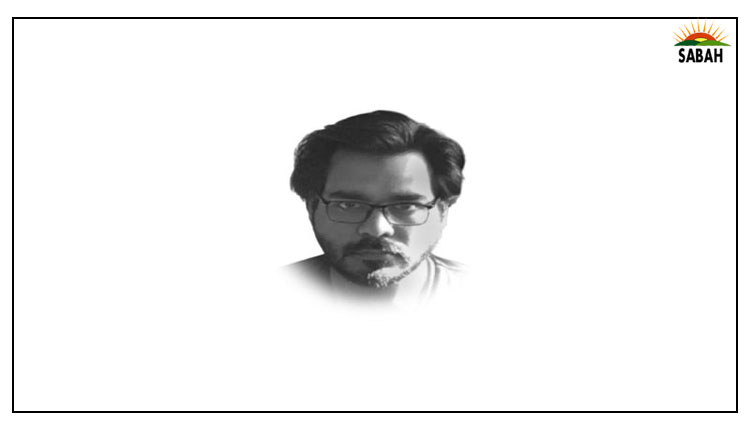Let there be light!…Zain Aman
As the general elections get closer the current economic and political standing of our motherland remains dismal to say the least. With the current population explosion, deeply imbedded myths against reasonable sizing of healthy families have added fuel to the flames of poverty and intellectual declination. While working in the rural parts of the country, I have come to see families who would send off their young ones to beg on the streets where the elite rule and the poor love being ruled over, so long as they have something to eat and a shelter to cover their heads.
As the new year comes forth and a possible election round the corner, it seems that we are no better than the riaya of the 15th century British Empire. John Morton, the Archbishop of Canterbury, rationalised the payment of a benevolence or tax to King Henry VII under the assumption that someone living the life of luxury and extravagance should pay a share of their wealth to the beloved king. Likewise, the underserved communities led a life of modesty, clinching every penny possible. Morton pushed the idea of holding these communities liable to equally contribute to the payment of benevolence as someone living in modesty must be saving something. This type of false dilemma is known as Mortons Fork which in current era has a strong grasp on the people of Pakistan since the dawn of the ever-growing tabqaati nizam.
But in an illusionary state of democracy, what can one do? While casting our vote, who do we have to choose from? One is no less evil than the other. We can however understand the logic behind this dilemma if we wish to break free from it. We can learn more from the 15th century England where Thomas Hobson, a renowned horse trader, would offer a wide range of quality horses to be purchased by the royalties and dignitaries. His only condition would be for the buyer to take the horse that stood closest to the door and at his price. We could call this a take it or leave it style of business. Hobson created an illusion of choices being available for his customers but in actual there was no choice at all. One option is offered by keeping the customer in an illusion of having the authority to choose or leave what he has to offer. The only problem is the second choice is ridiculously undesirable, so the customers are compelled to purchase what Hobson has to offer at his price.
When casting a vote, the people are left with Hobsons Choice on the ballot. Either we choose to elect those who have been allowed by the government to participate in the elections or we can choose not to elect anyone at all. Similar illusion of choice can be seen in both health and education sectors. Private quality healthcare is offered to the masses while being out of their economic reach, against a dysfunctional public health system. Education sector is no different than health. Access to quality education is available only to those who could afford it or they could rely on a public education system for academic growth which still remains in an undesirable state. We cannot expect this system to create revolutionary or critical thinkers to the least. When given the choice between health, education or bread, the masses choose the last mentioned every time. Should we choose to abolish the shackles of the Mortons Fork and Hobsons Choices imbedded deeply into our society, every living soul of Pakistan must step out of their own being and strive to empower the underserved with education, tools of critical thinking, ability and confidence to ask the right questions.
Courtesy The Express Tribune



